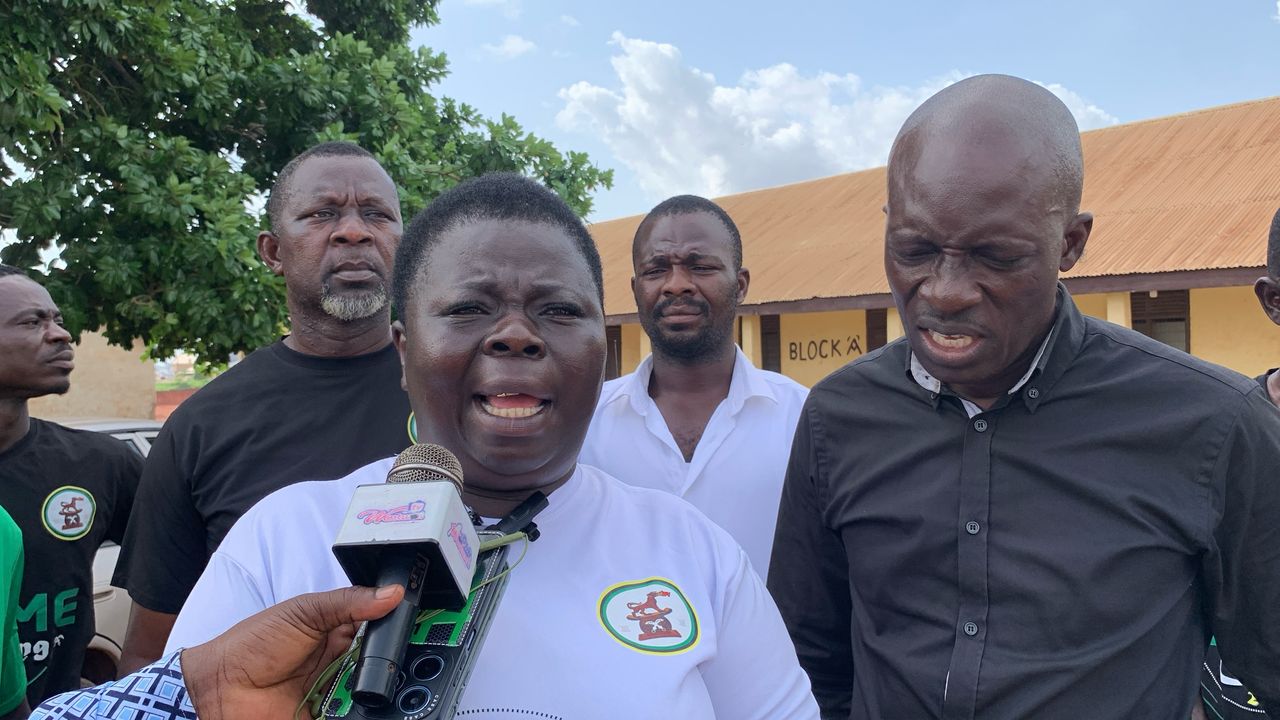Ashanti Region Hosts Stakeholders’ Forum on New Anti-Corruption Action Plan (2026–2030)

Key stakeholders in the Ashanti Region have convened to deliberate on Ghana’s new National Ethics and Anti-Corruption Action Plan (2026–2030), a renewed framework designed to strengthen integrity systems and sustain the fight against corruption.

The engagement, which took place over a two-day period at the Ashanti Regional Coordinating Council, brought together government officials, civil society groups, traditional leaders, faith-based organizations, and the media to discuss strategies for embedding ethics and anti-corruption values across all levels of society.

The new action plan comes on the heels of the National Anti-Corruption Action Plan (NEACAP 2015–2024), which concluded its implementation cycle last year. Building on lessons learned from the previous framework, the updated plan places greater emphasis on ethics, transparency, accountability, and citizen participation as crucial drivers in combating corruption.

Speaking to the media, Hon. Edem Senanu, Chairman of the African Union Advisory Board Against Corruption, highlighted the importance of ethics in sustaining the anti-corruption fight.

“We have realized that one of the critical factors Ghana has not paid enough attention to is the issue of ethics,” he said. “There are jurisdictions that are doing well because they emphasize ethics and values. If we let Ghanaians understand how corruption cripples everyone and affects national development, we can all get on board to fight it.”

He noted that corruption continues to drain resources from vital sectors such as health, education, and infrastructure, thereby stifling development and deepening inequality. Hon. Senanu stressed that the new framework will focus not only on enforcement but also on changing mindsets and building a culture of integrity.

Representing the Ashanti Regional Minister, Mr. Twum Samuel Nkansah, Deputy Regional Coordinating Director, reiterated government’s commitment to stamping out corruption and called for collective responsibility. “Since it is the main aim of government to fight corruption, we must all join forces—government institutions, civil society, and citizens alike—to ensure this plan achieves its intended impact,” he urged.

The stakeholders’ forum provided an interactive platform for participants to contribute ideas, identify gaps from the previous cycle, and propose practical interventions for strengthening transparency and accountability at the local and national levels.

Participants also underscored the importance of empowering citizens with knowledge and tools to report corruption, strengthening institutional frameworks, and ensuring political will to sustain reforms.

The National Ethics and Anti-Corruption Action Plan (2026–2030) will guide Ghana’s anti-corruption strategy over the next five years, with an emphasis on preventive measures, ethical leadership, and inclusivity in governance.

As Ghana renews its anti-corruption agenda, the Ashanti Region’s stakeholders’ engagement is expected to serve as a blueprint for other regions, ensuring that the fight against corruption is anchored in ethics, shared values, and collective action.
























